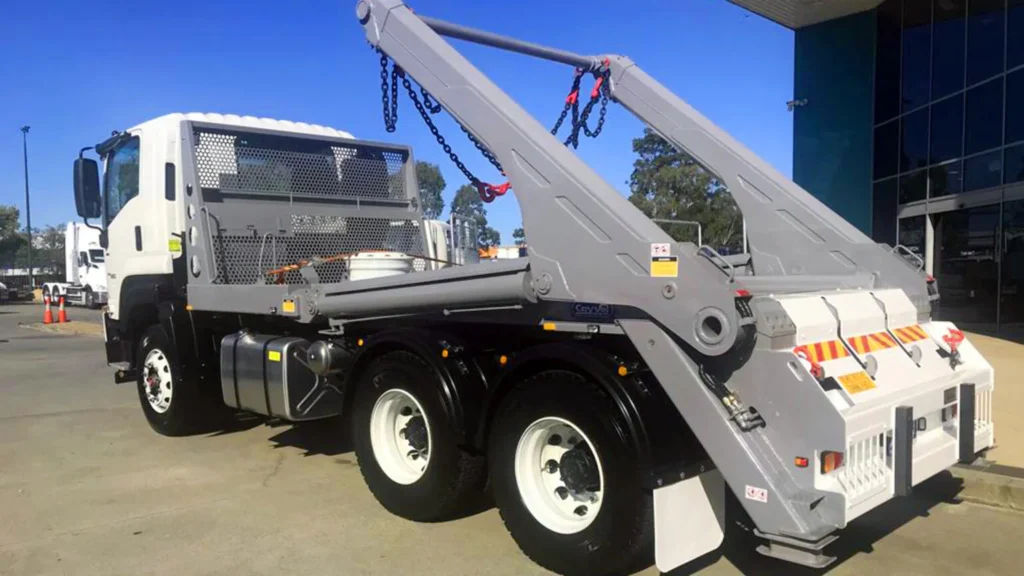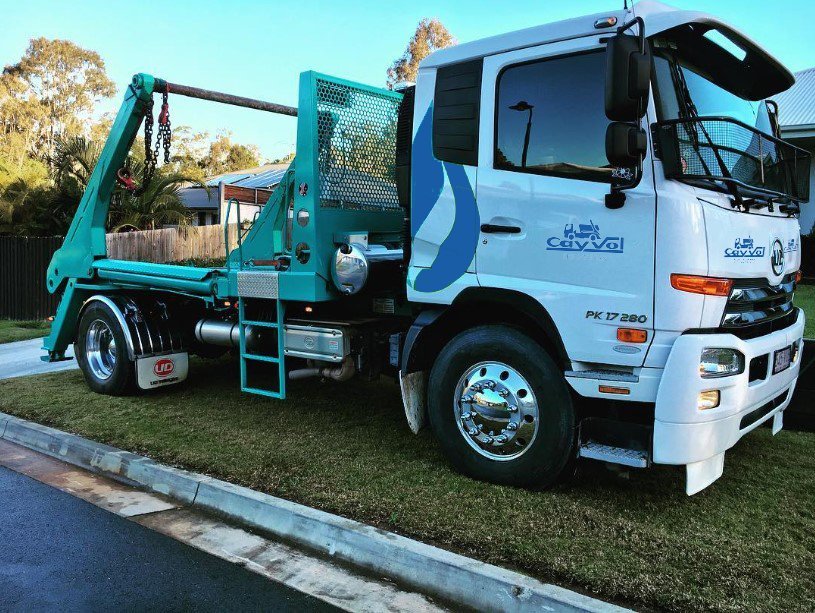In the bustling world of construction, landscaping, and agriculture, every minute counts. Skip loaders are powerful and versatile machines that can supercharge your productivity—if you know the right skip loader tips and tricks.
Whether you’re a seasoned operator or a beginner, mastering your skip loader can make your work smoother, faster, and safer. Dive into these must-know tips that will help you become a skip loader pro and keep your projects on track!
1. Know Your Machine
Before you start, get to know your skip loader inside and out. Read the operator’s manual thoroughly. Each model has unique features and controls, so understanding them will prevent accidents and make your work smoother. Familiarize yourself with different attachments and their uses to choose the right tool for each job.
2. Regular Maintenance Checks
Keep your skip loader in top shape with regular maintenance checks. Before each workday, inspect oil levels, hydraulic fluid, tires, and other key components. Ensure everything is well-lubricated and free from wear and tear. Regular maintenance prevents breakdowns and extends the life of your machine, keeping your projects on schedule.
3. Master the Controls
Being skilled with the controls is crucial for efficient operation. Practice in a safe, open area to get comfortable with the machine’s response. Learn to smoothly operate the loader, backhoe, and other attachments. Efficient control reduces fuel consumption and machine wear, boosting productivity.
4. Safety First
Always prioritize safety. Wear the right personal protective equipment (PPE) like hard hats, gloves, and safety boots. Keep the work area clear of obstacles and ensure that others are aware of the skip loader’s operations. Follow safety guidelines and never exceed the machine’s load capacity to avoid accidents.

5. Plan Your Workflow
Optimize your tasks to reduce unnecessary movements and idle time. Position your skip loader close to the materials you need to move. If loading a truck, align the loader to minimize travel distance. Efficient planning saves time and fuel, making your operations more productive.
6. Use the Right Attachments
Skip loaders come with various attachments like buckets, forks, and rakes. Using the correct attachment for each task can greatly enhance productivity. For example, use a bucket for digging and loading, and forks for lifting pallets. Switching attachments as needed allows you to tackle a wide range of tasks without extra machinery.
7. Stay Within Load Limits
Overloading can damage the machine and create safety hazards. Always follow the manufacturer’s load capacity guidelines. Distribute the load evenly to maintain balance and avoid straining the hydraulic system. This ensures smooth operation and extends the lifespan of your equipment.
8. Monitor Fuel Consumption
Keep an eye on fuel levels and consumption. Plan tasks to avoid running out of fuel mid-operation. Efficient fuel management saves money and prevents downtime. Use fuel-efficient practices like idling only when necessary and avoiding high-speed operations that consume more fuel.
9. Keep a Clean Worksite
A clean and organized worksite reduces accident risks and increases efficiency. Remove debris or obstacles that might interfere with the skip loader’s operation. A tidy work area improves visibility and allows for smoother, faster operations.
10. Continuous Learning
Stay updated with the latest skip loader tips and technologies. Attend training sessions and workshops to enhance your skills. Learning from experienced operators and keeping up with industry advancements can provide new insights and methods to boost your productivity.
By following these tips, skip loader operators can significantly increase their productivity and ensure safe, efficient, and effective operations. Proper understanding, regular maintenance, and smart planning are key to unlocking the full potential of your skip loader. Happy operating!
